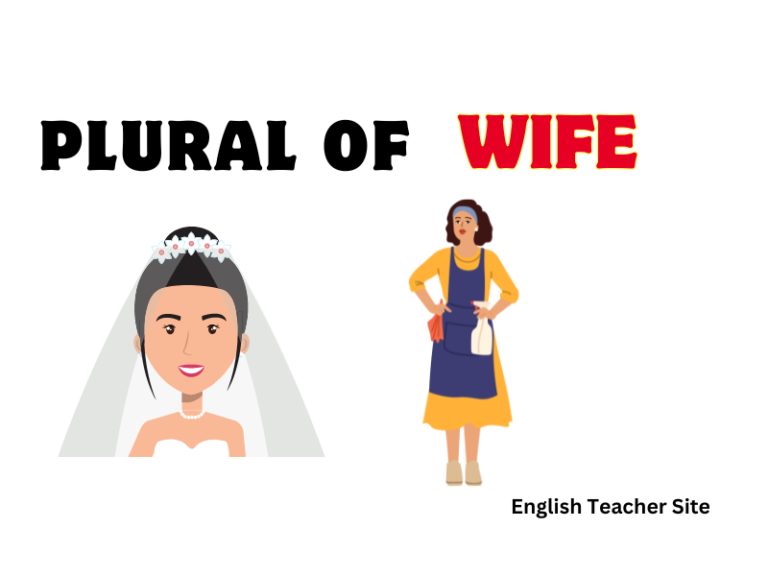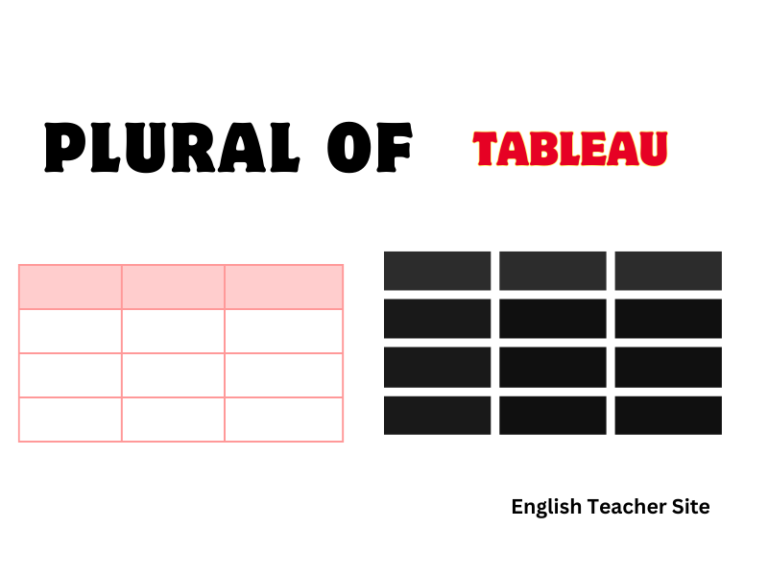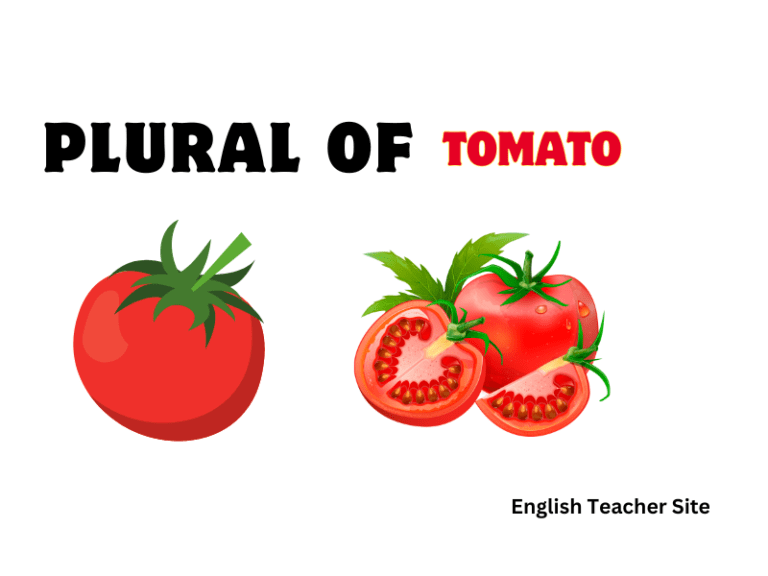What Are Common Nouns vs Proper Nouns: Understanding the Basics

- Common nouns name general items, while proper nouns name specific ones.
- Proper nouns are always capitalized; common nouns are not unless they begin a sentence.
- Using common and proper nouns correctly is crucial for clarity in English communication.
Correctly using common and proper nouns is essential for clear communication in English. When writing, one must capitalize proper nouns to signal their importance and distinguish them from common nouns. Conversely, common nouns are only capitalized if they start a sentence or are part of a title. Being able to identify and use these types of nouns correctly helps ensure that the intended meaning is conveyed and maintains the structure and clarity of the language.
Common Nouns vs. Proper Nouns
Common nouns denote general items, whereas proper nouns specify unique names. This distinction is especially important as it affects how nouns are capitalized and used within sentences.
Proper Nouns Examples in Sentences
| Sentence | Explanation |
|---|---|
| She traveled to Paris last summer. | “Paris” is a proper noun as it names a specific city. |
| Mr. Smith teaches mathematics at the local high school. | “Mr. Smith” is a proper noun identifying a specific individual. |
Proper nouns are always capitalized—they name specific people, places, organizations, or sometimes things and events, thus giving them a unique identifier. They are tangible entities with a distinct presence in the real world or a particular significance in cultural, historical, or personal contexts.
Common Nouns Examples in Sentences
| Sentence | Explanation |
|---|---|
| The river overflowed its banks after heavy rainfall. | The word “river” is a common noun; it is not specific to any particular river. |
| She read a book about the history of science. | “Book” is a common noun representing any book, not a specific title. |
Common nouns are the words used to describe general items, people, places, or concepts. They are not capitalized unless they begin a sentence or are part of a title. These nouns provide the basic framework for conversation and understanding the world, categorizing entities into general groups.
Correct Usage of Nouns in Context
In written English, nouns can be common or proper, and each has specific rules that govern their use. This section will discuss how to apply these rules correctly in context, touching on capitalization, grammar, and the articles that precede nouns.
Capitalization and Context
Proper nouns always begin with a capital letter, since they name specific entities. This includes personal names, days of the week, months of the year, nationalities, languages, and ethnicities. Common nouns, conversely, are not capitalized unless they start a sentence or fall into a few rare exceptions.
| Capitalization | Example |
|---|---|
| Days/Months/Seasons | Thursday, July, Winter |
| Cities/Nations/Planets | Chicago, Africa, Jupiter |
| Personal Names/Family Roles | Elizabeth, Aunt Mary |
Context also affects whether a noun is common or proper. “City” is a common noun, but it becomes proper when naming a specific place, like Chicago. Likewise, “dog” is common, but a specific dog’s name, like Fido, is proper.
Subject-Verb Agreement
A noun’s role as a subject in a sentence is crucial for ensuring correct subject-verb agreement. A singular noun requires a singular verb, while a plural noun needs a plural verb.
- The teacher (singular noun) writes lesson plans (singular verb).
- The teachers (plural noun) write lesson plans (plural verb).
Determiners and Articles
The choice of determiners and articles before nouns is dictated by specificity and quantity. “The” is a definite article used with both common and proper nouns when referring to something specific. “A” and “an” are indefinite articles used with common nouns when referring to any member of a group, with “an” preceding words that start with a vowel sound.
| Articles/Determiners | Usage |
|---|---|
| The Radio | Refers to a specific radio. |
| A dog | Refers to any dog. |
| An apple | Refers to any apple, noun starts with a vowel sound. |
Adjectives and proper adjectives—like nationalities, languages, and ethnicities—modify nouns and must agree in terms of number and definiteness. “A large radio” or “The British customs” demonstrate this alignment.
When using family roles or titles, capitalize them when they serve as part of a proper noun, but not when they’re common nouns.
- “Aunt” Julie is coming to visit.
- My aunt is coming to visit.
For jobs and titles that include an adjective such as Romanticism, the adjective would not be capitalized unless part of a title or if it’s a proper adjective.
- Professor Smith teaches a course in romanticism.
- Professor Smith teaches a course in English Romanticism.
My name is Khamis Maiouf. I am the creator of the English Teacher Site, dedicated to providing valuable resources and insights for students around the world. With a passion for education and a commitment to helping students enhance their skills, I aim to make English teaching more effective and enjoyable for both educators and students.






